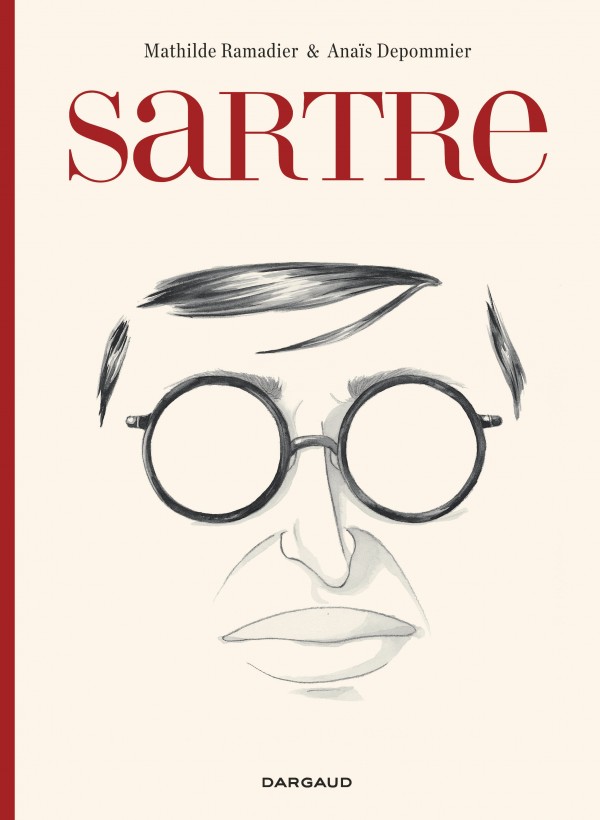160
1
210 * 280
20/03/2015
17+
An icon of French literature and philosophy in the 1960s, Jean-Paul Sartre was at the forefront of the intellectual circles of the era. Despite leading a life of excess that tragically led to his untimely demise, Sartre was a key figure of his time; an agitator, a revolutionary, and a free-spirited modern man who very firmly made his mark on modern thought. This biography, split into three chapters, relates the details of this extraordinary man’s youth, student days, and life’s work, including his famous refusal of the Nobel Prize for literature in 1964. It is punctuated with his memorable encounters with other intellectuals of the time, such as Albert Camus, Boris Vian, and, of course, his lover, Simone de Beauvoir.
When we think of Sartre we think of the Sorbonne and the Quartier Latin of which he became a legend, but we also think of the “École normale supérieure” (ENS) which he attended regularly; the “Modern Times” (“Les Temps modernes”) magazine which he created; the structuralist and existentialist movements; his opposition to the Indochina war; his rallying to the French communist party; the Saint-Germain-des-Près village; and several
‘must-read’ works such as “The Words”, “Being and Nothingness”, “Nausea”, “Dirty Hands”, etc.
Mathilde Ramadier has a Master’s Degree in Philosophy from the ENS. She has studied Sartre for a long time and, and she wrote her dissertation on the subject.
References: Freud, Kiki de Montparnasse, Nietzsche



